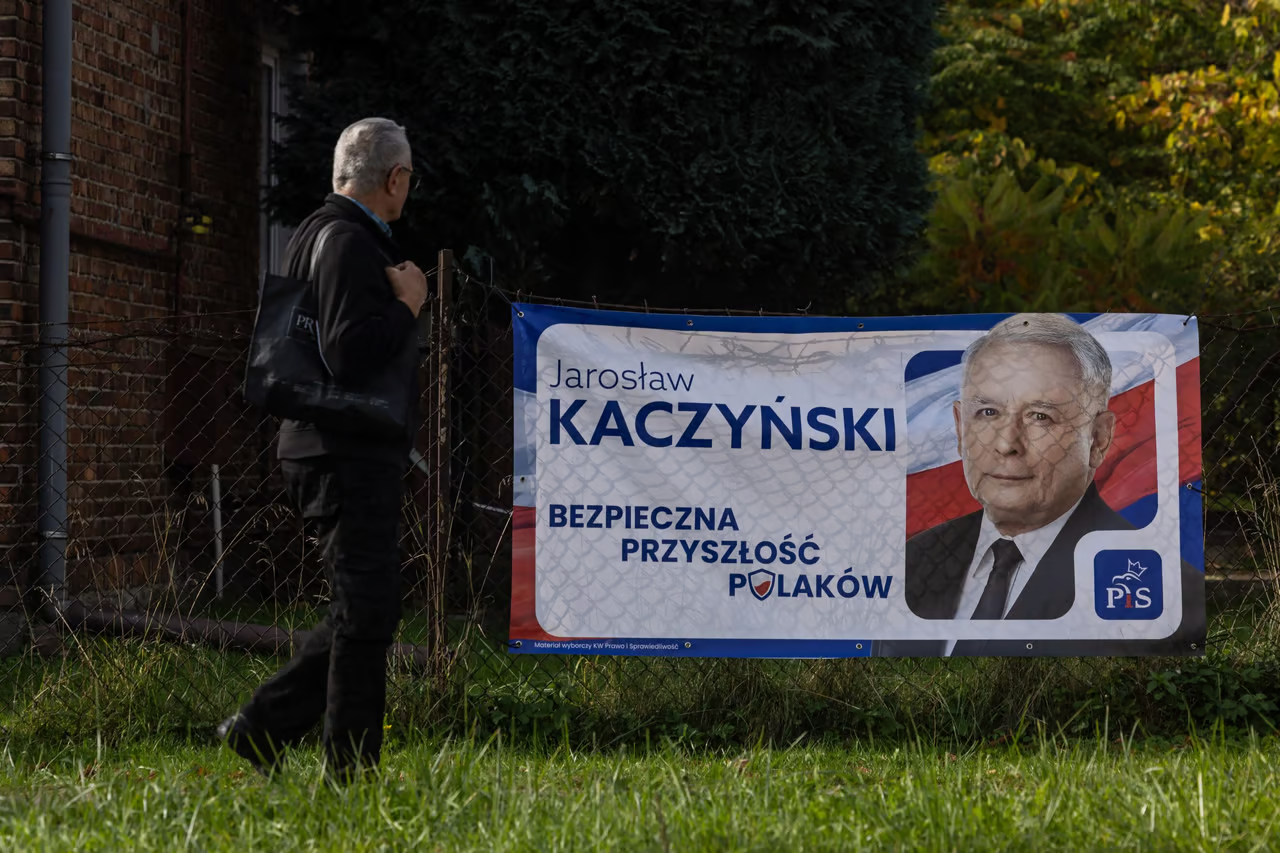Politico: The political atmosphere in Poland is tense ahead of its general elections, with deep divisions within society and a focus on coalition-building. The two major parties, Law and Justice (PiS) and Civic Coalition, are leading the polls, with smaller parties potentially playing a significant role in forming a government. The election process has raised concerns over fairness, with allegations of state media bias and controversial referendums designed to harm the opposition.
1. What do the polls show?
PiS leads with 37%, followed by Civic Coalition at 30%. Three smaller parties—Third Way, the Left, and the far-right Confederation—are also likely to make it to the parliament and could be key in coalition formations.
2. Why is everyone watching the small parties?
Smaller parties are crucial for coalition dynamics. Third Way, a center-right party, needs to pass the 5% vote threshold to secure seats, which could impact the balance of power in parliament.
3. Are the elections free and fair?
Concerns exist about the fairness of the election, with allegations of government-backed media bias, controversial referendums, and a lack of accreditation for foreign observers.
4. What are the mechanics of voting?
Campaigning ends at midnight on Friday, and polls open at 7 a.m. on election day. A new rule limits foreign vote counting to 24 hours, impacting mostly opposition voters.
5. How is a government formed?
PiS-allied President Andrzej Duda nominates the prime minister. If the nominee fails to secure an absolute majority, the parliament has the chance to nominate another within 14 days, who then must win a confidence vote.
6. What happens if no government is formed?
If efforts to form a government fail, a new election will be called within 45 days, leading to another potentially bitter campaign for Spring 2024.
The entire article can be read at the link https://www.politico.eu/article/6-key-questions-ahead-of-polands-election-duda-tusk-kaczynski-pis-poland-law-and-justice/











